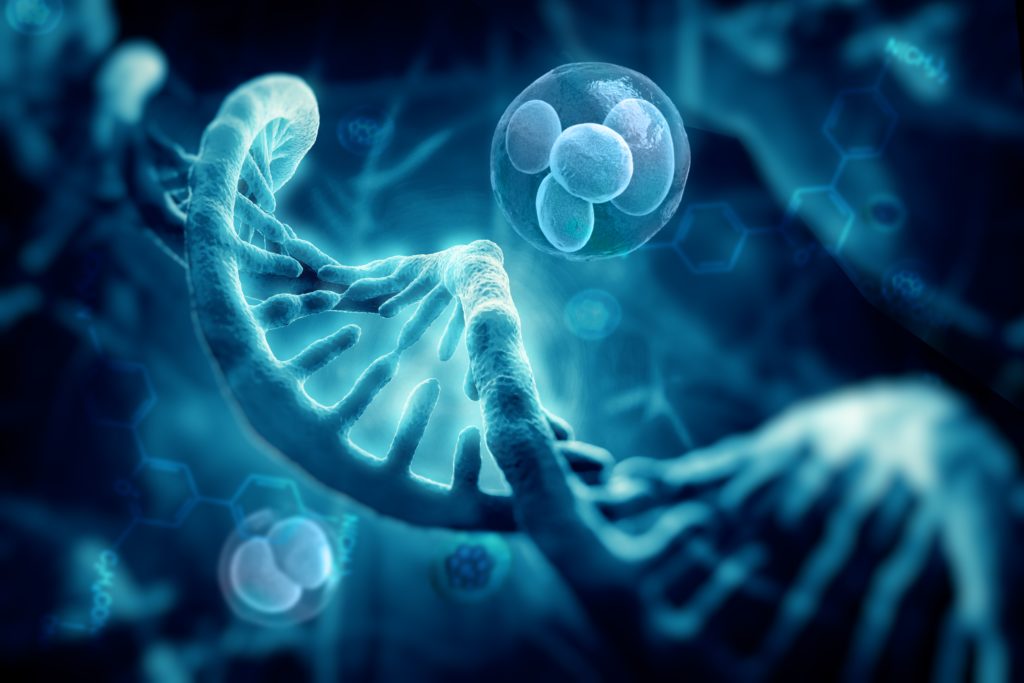The arrival of a newborn is one of the happiest moments in parents life. Unfortunately, sometimes this moment can rapidly change to an unspeakable concern about the child’s future.
Down Syndrome is the most prevalent genetic disorder worldwide and a common genetic cause of intellectual disabilities. It is a condition caused by trisomy of the whole or part of chromosome 21. It is estimated that around 2000 newborn are affected with Down Syndrome worldwide. The Middle Eastern countries are between the highest number of babies born with Down Syndrome in the world due to several factors, like consanguineous marriages being one of the main causes. It is estimated that 1 in 800 newborn in the Arab world have this genetic disorder.
Though it’s been almost 2500 years since mankind represent Down Syndrome in statues or paintings, only in 1866 it was named after John Langdon Down, who described its clinical description.
It is associated with other physical problems rather than just intellectual disability. It’s largely known that it can cause, as well, various additional health issues including heart defects, gastrointestinal anomalies, weak neuromuscular tone, dysmorphic features of the head etc.
Screening for chromosomal abnormalities
Screening for Down Syndrome and other chromosomal abnormalities is an important part of the routine prenatal care. Recent progress in science has resulted in the development of non-invasive prenatal screening (NIPS) test using cell free fetal DNA sequences isolated from a maternal blood sample. It’s easy and risk free for the baby.
Igenomix, being pioneer in reproductive genetics, developed the test NACE (Non-invasive Analysis for Chromosomal Examination). It detects abnormalities in the chromosomes 21, 18 and 13 (Down Syndrome, Edwards Syndrome and Patau Syndrome respectively) and it also analysis the sex chromosome, detecting, as well, potential problems in these. To be even more worry free, Igenomix offers an extended version of the NACE test, similar to NACE but extending the analysis to the 24 chromosomes.

The risk of having a child with Down Syndrome doesn’t care about age, social class or economic situation, it is a real risk for every couple who wishes to conceive, though it must be taken into consideration that this risk increases with the mother’s age, and it’s extremely important to perform a prenatal test if you are a mother to be with more than 35 years.
Unfortunately, there is no cure for Down Syndrome. However, children with Down Syndrome can benefit from early medical support and development interventions during childhood.
Science is always evolving at a frenetic speed, and nowadays through this progress there are multiple interventions like cardiac surgery, vaccinations, antibiotics and thyroid hormones to name some, that allow the life expectancy for people with Down Syndrome to duplicate since the 1960’s, being today more than 60 year’s old.
With the help from science and the technological advances, every couple can have a worry-free pregnancy by informing themselves and communicate this worries to a doctor, so a non-invasive test could be performed. After all, having a child is one of the happiest moments in every couple life.



